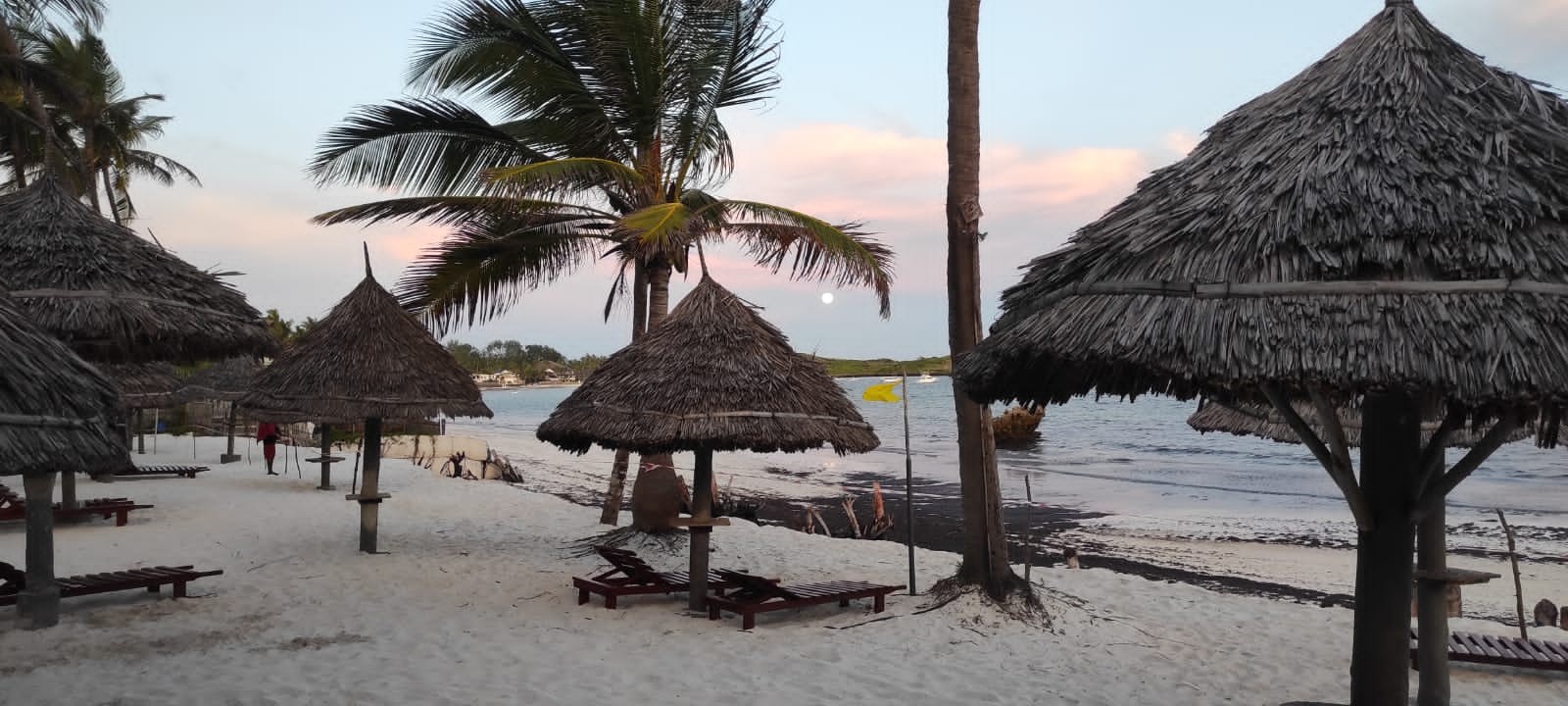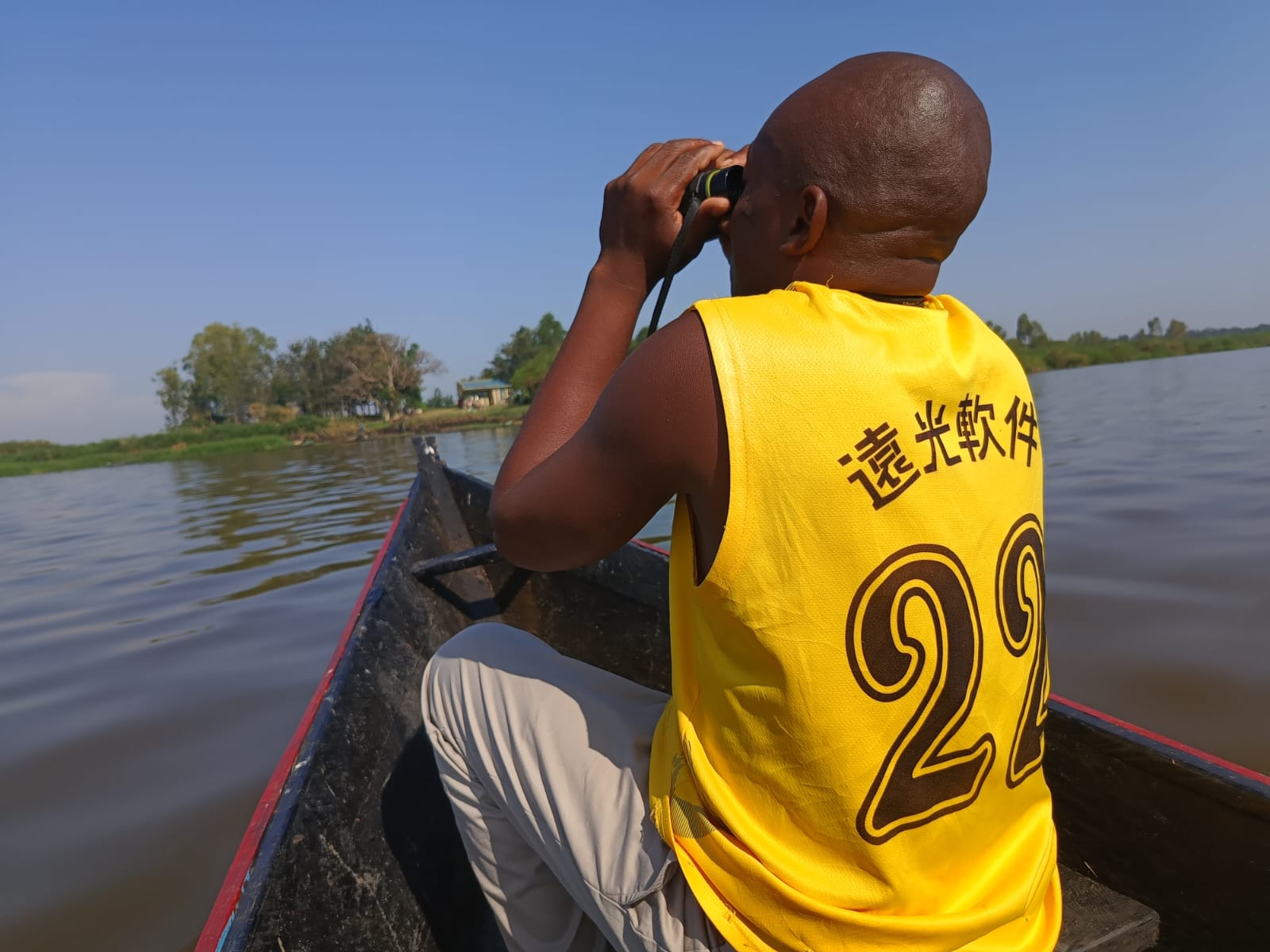- On September 27, the world marks World Tourism Day. The spotlight shines on destinations that continue to redefine travel and hospitality through innovation and sustainability.
- This year’s theme, “Tourism and Sustainable Transformation,” highlights the need for tourism to grow beyond growing visitor numbers and focus instead on contributing positively, equitably, and sustainably to communities, cultures, economies, and the environment.
On September 27, the world marks World Tourism Day. The spotlight shines on destinations that continue to redefine travel and hospitality through innovation and sustainability.
This year’s theme, “Tourism and Sustainable Transformation,” highlights the need for tourism to grow beyond growing visitor numbers and focus instead on contributing positively, equitably, and sustainably to communities, cultures, economies, and the environment.
For Kenya, tourism is more than a major foreign exchange earner, it is a bridge that connects people to its breathtaking landscapes, diverse cultures, and iconic wildlife. The sector remains vital to the economy, projected to inject about KSh 1.2 trillion in 2025, a 24 percent increase from 2019 levels, and support around 1.7 million jobs, more than eight percent of national employment.
The live broadcast of the wildebeest migration from the Maasai Mara, often described as the eighth wonder of the world has been among Kenya’s most notable achievements.
By streaming this natural spectacle to global audiences, Kenya showcased its wildlife heritage while using digital innovation to make tourism accessible to millions who may never experience the migration physically. This pioneering step positioned the country as a leader in blending technology with destination storytelling.
Read More
Tourism diversification has further reinforced the country’s competitiveness. Beyond the traditional safari circuits, the “Magical Kenya” brand has spotlighted cultural heritage, sports tourism, marine and coastal attractions, and conference tourism.
Renowned events such as the World Rally Championship Safari Rally and community-driven cultural festivals have expanded Kenya’s global appeal, while community-based tourism continues to empower locals to share their traditions and benefit directly from visitors.
Sustainability remains at the heart of Kenya’s tourism strategy. The ban put on single-use plastics in protected areas, including national parks and beaches, underscored the commitment to preserving ecosystems that draw visitors.
Conservation initiatives such as mangrove restoration and wildlife corridor protection show how tourism and environmental stewardship are being woven together, ensuring the protection of biodiversity and the resilience of local communities.
World Tourism Day is therefore not just a celebration but a reminder of the responsibility and opportunity embedded in the industry. For Kenya, the path forward lies in scaling innovation, enhancing sustainability, and fostering inclusive growth.
As visitors from around the globe turn their attention to this day, Kenya’s example shows how tourism can transform lives, protect the environment, and secure a sustainable future for generations to come.
Stay connected with us on WhatsApp and Facebook for instant updates and breaking news as it happens.


-1769677767.jpg)




-1768983522.png)